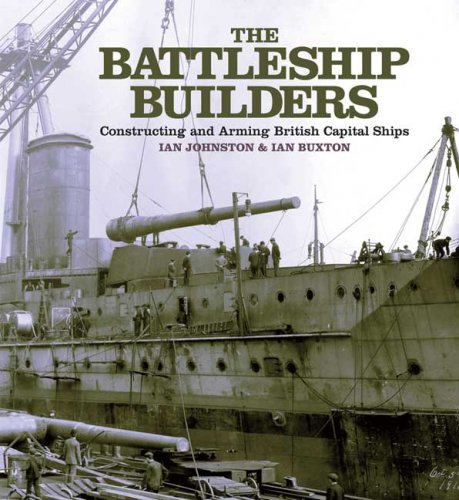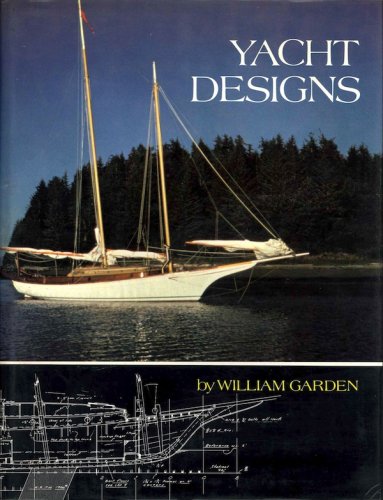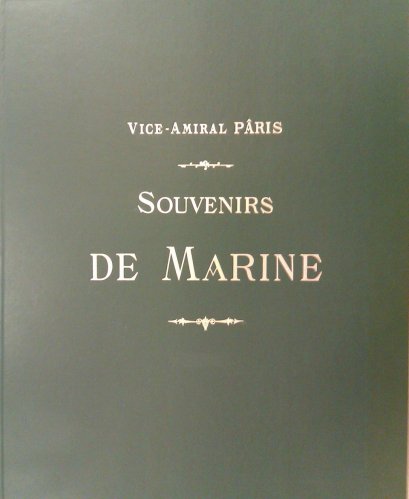Battleship builders
constructing and arming british capital ships
Battleship builders
constructing and arming british capital ships
- Disponibile in 7 giorni
- Possibilità di reso entro 10 giorni lavorativi
- Transazione sicura con carta di credito, Paypal o bonifico bancario
- Spedizione tracciata con SDA
The launch in 1906 of HMS Dreadnought, the world's first all-big-gun battleship, rendered all existing battle fleets obsolete, but at the same time it wiped out the Royal Navy's numerical advantage, so expensively maintained for decades. Already locked in an arms race with Germany, Britain urgently needed to build an entirely new battle fleet of these larger, more complex and more costly vessels. In this she succeeded spectacularly: in little over a decade fifty such ships were completed, almost exactly double what Germany achieved. It was only made possible by the country's vast industrial nexus of shipbuilders, engine manufacturers, armament firms and specialist armour producers, whose contribution to the creation of the Grand Fleet is too often ignored. This heroic achievement, and how it was done, is the subject of this book. It charts the rise of the large industrial conglomerates that were key to this success, looks at their reaction to fast-moving technical changes, and analyses the politics of funding this vast national effort, both before and during the Great War. It also attempts to assess the true cost – and value – of the Grand Fleet in terms of the resources consumed. And finally, by way of contrast, it decribes the effects of the post-war recession, industrial contraction, and the very different responses to rearmament in the run up to the Second World War.









